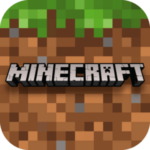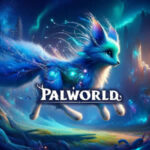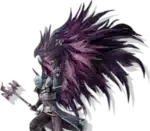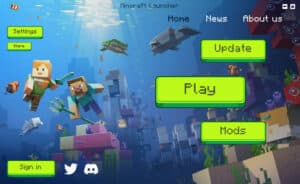In the vast and ever-evolving landscape of digital entertainment, Minecraft stands as a colossal beacon, attracting millions of enthusiasts who revel in its sandbox universe. Developed by Mojang Studios and later acquired by Microsoft, this game has not only captured the imagination of gamers but has also become a tool for education and creativity. However, the allure of “cracked” versions of Minecraft—unauthorized copies that bypass payment and security mechanisms—presents a murky path fraught with risks and ethical quandaries.
This discourse aims to elucidate why venturing into the realm of cracked software, particularly Minecraft, is a precarious choice that can lead to dire consequences, both for the individual user and the broader gaming community.
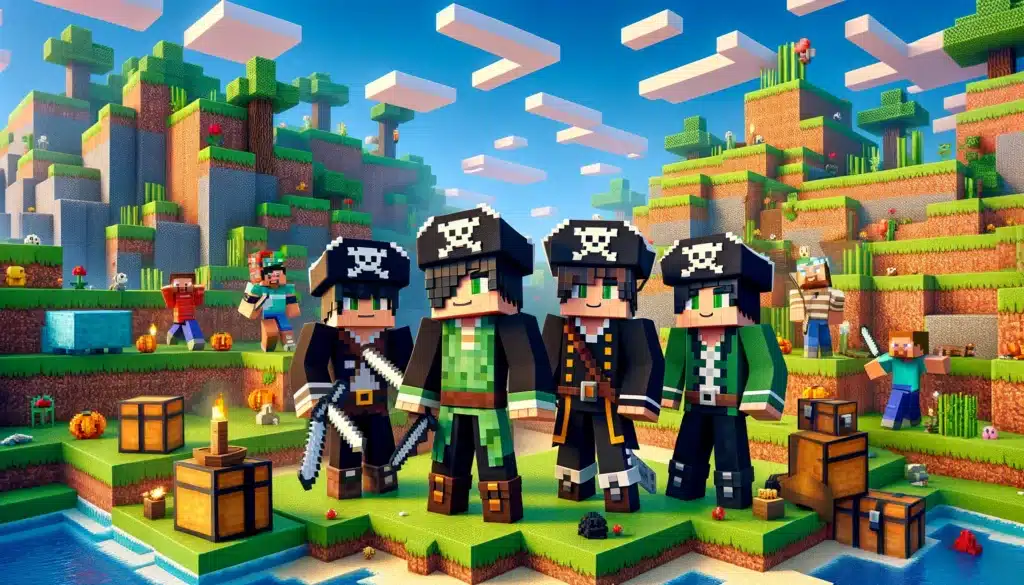
A Hacker’s Playground
Foremost among the concerns with cracked games is the heightened risk of security vulnerabilities. These unauthorized versions often circulate on shadowy corners of the internet, where the line between a genuine offer and a nefarious trap blurs. Malicious actors exploit the allure of “free” games to embed viruses, trojans, and keyloggers within these cracked files. The moment an unsuspecting gamer installs such a version, they unknowingly open a Pandora’s box of digital threats.
Viruses and trojans can wreak havoc on a system, from corrupting files to commandeering the entire operating system. Keyloggers, on the other hand, stealthily record every keystroke, capturing sensitive information such as passwords, financial data, and personal correspondence. The ramifications extend beyond mere inconvenience; they compromise one’s digital identity, financial security, and privacy.
Keyloggers are bad, in fact they are absolutely terrible. Viruses are bad enough, causing damage to your computer but keyloggers have the ability to actually log down your private details and this will end up in a very bad, personal crisis. Viruses and Keyloggers are exactly what you would expect to see hidden inside a cracked Minecraft launcher.
Legal and Ethical Implications
Venturing into the realm of cracked software also treads on shaky legal and ethical ground. Copyright laws are designed to protect creators’ rights, ensuring they receive due recognition and remuneration for their work. By opting for a cracked version of Minecraft, individuals inadvertently contribute to a culture that devalues intellectual property and stifles creativity. This not only disrespects the immense effort and ingenuity of the developers but also undermines the economic foundation of the gaming industry.
Furthermore, using cracked software deprives users of the opportunity to be part of a game’s official community. Features such as updates, multiplayer modes, and official support are often inaccessible or severely limited in pirated versions. This diminishes the overall gaming experience and isolates players from the vibrant community that forms around games like Minecraft.
Performance and Compatibility Issues
Cracked versions of games are notorious for their instability and compatibility issues. Without access to official updates and patches, these versions remain susceptible to bugs and performance glitches. Minecraft is celebrated for its continuous evolution, with regular updates that introduce new features, improvements, and bug fixes. Users of cracked versions miss out on these enhancements, relegating their experience to an outdated and potentially flawed iteration of the game.
Moreover, the modding community—a cornerstone of Minecraft’s appeal—often designs mods with the official version in mind. This ensures compatibility and a smoother integration of new content. Users of cracked versions might find themselves unable to access or properly utilize these mods, significantly curtailing the game’s limitless potential for customization and exploration.
The allure of obtaining Minecraft without financial cost might seem tempting, but the true cost far exceeds the price of the game. Security risks, legal and ethical dilemmas, and a compromised gaming experience are substantial prices to pay. It’s crucial for gamers to recognize the broader implications of their choices, not just for themselves but for the entire gaming ecosystem.
Purchasing the proper version of Minecraft from Microsoft is an investment in a secure, dynamic, and fully supported gaming experience. It’s a vote of confidence in the developers and the gaming community, a commitment to fostering a sustainable and creative environment where innovation thrives. By choosing authenticity, gamers not only protect themselves from the myriad risks associated with cracked software but also contribute to the continued growth and evolution of the games they love.
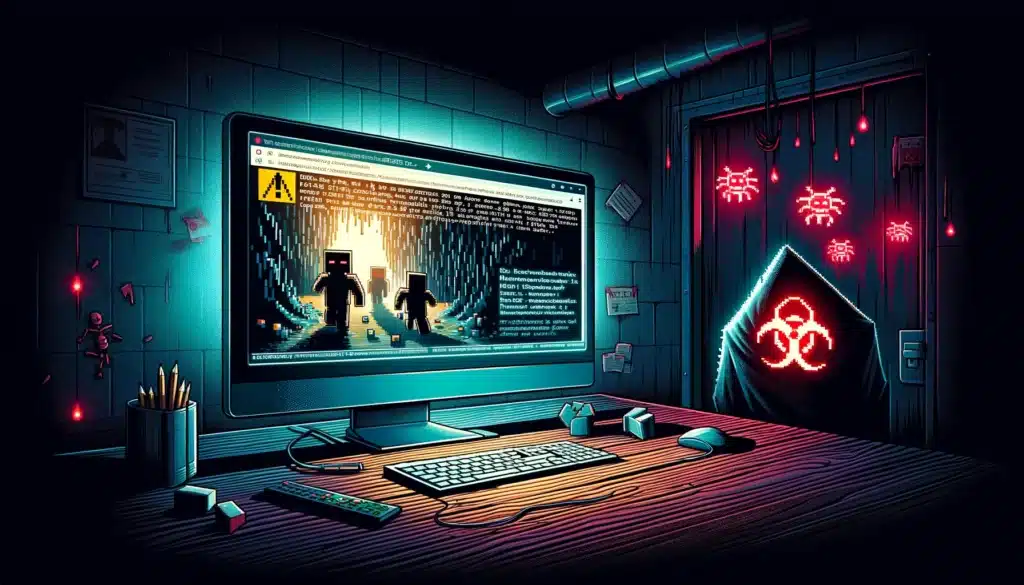
While the temptation of free access to Minecraft through cracked versions is understandable, the ramifications are too significant to ignore. From the immediate threat of malware and the ethical breach of copyright infringement to the long-term detriment to the gaming experience and community, the costs are manifold. The path forward is clear: embracing the official version of Minecraft not only safeguards one’s digital wellbeing but also supports a culture of creativity and innovation. It’s a small price to pay for a universe of limitless possibilities that Minecraft offers. Let’s champion authenticity and integrity in our digital escapades, ensuring a vibrant and secure future for the gaming world we cherish.
We are not here to tell you what to do, but we want to educate you, even just the slightest on the cons of using a cracked version of Minecraft or a cracked Minecraft launcher.
What ever road you decide to take, please be very careful and be vigilant.










